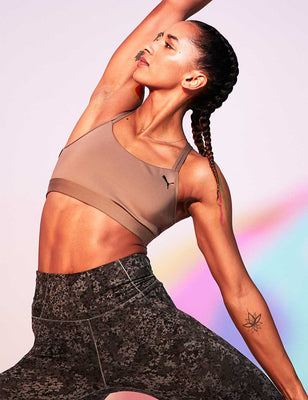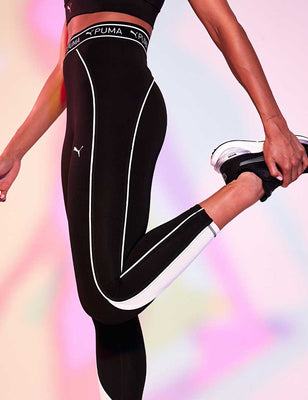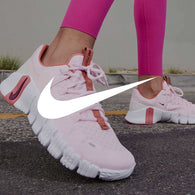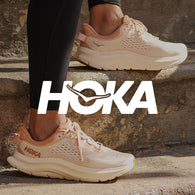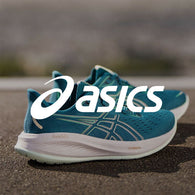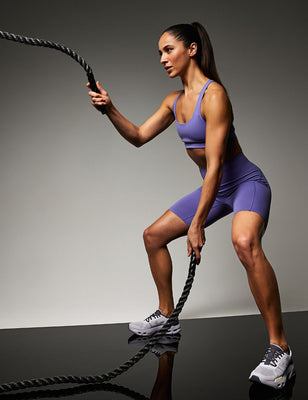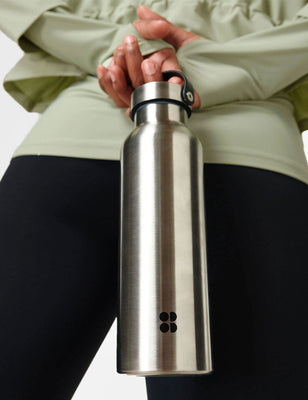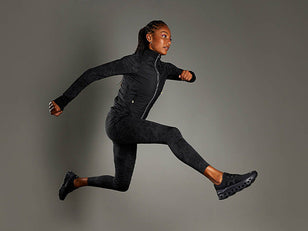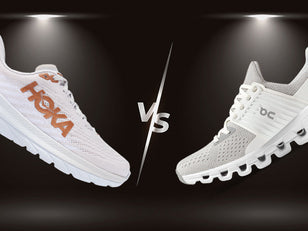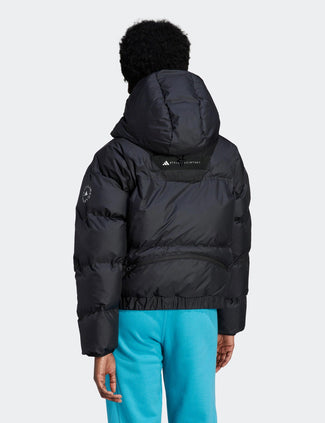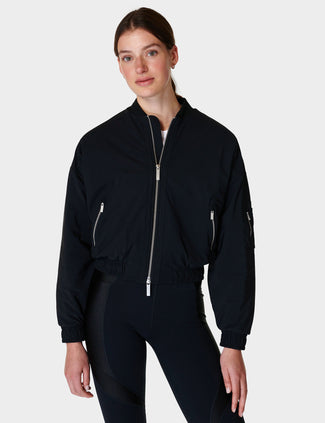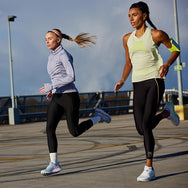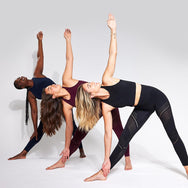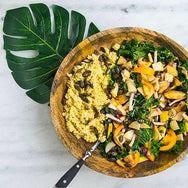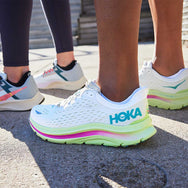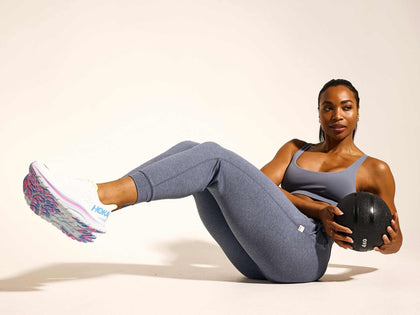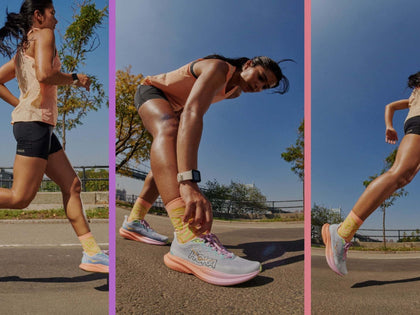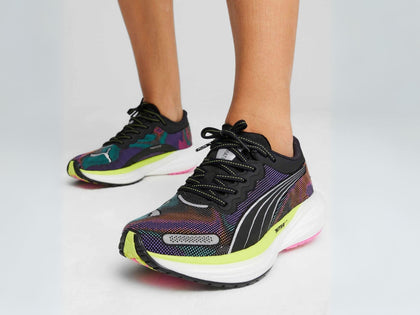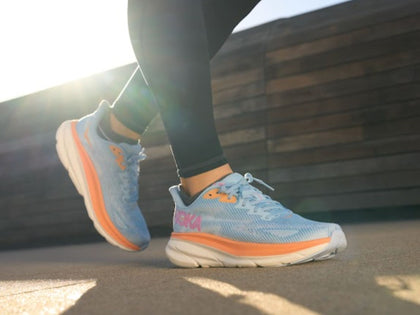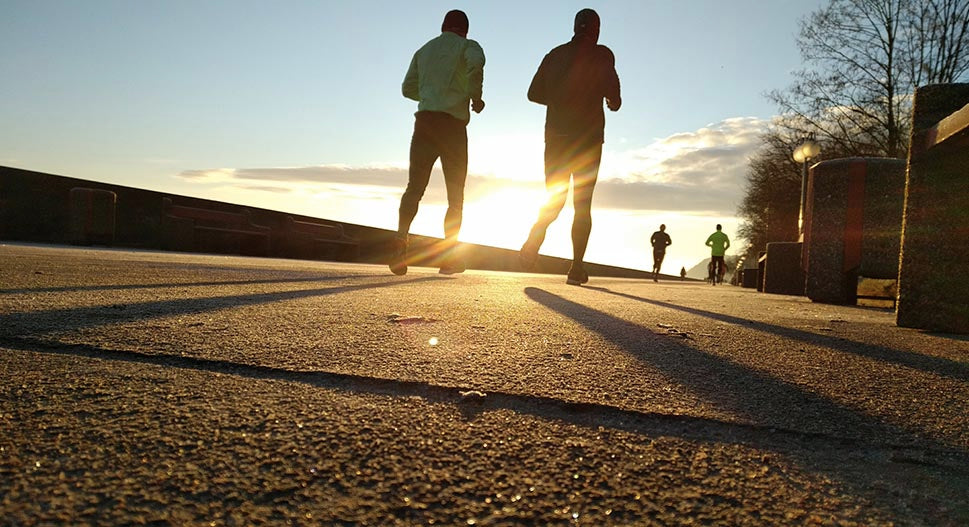
You’ve pushed through the winter training. You made it through those never-ending runs. And now after clocking up the mileage, you’ve finally reached the taper phase of your marathon training programme and now it’s count down till race day.
For some runners, this phase comes with relief, yet for others this phase is actually more stressful! You’re running less… should you be eating more? Is carbo-loading old school? How do you make it to the start line without feeling sluggish?
One size definitely doesn’t fit all. However, these top 6 nuggets of wisdom will really help you through your tapering phase so that you are nutritionally ready for your big event:
1. Nothing new on race day
You know your body best, so in the days leading up to the marathon stick to foods you’ve eaten before that you know work for you. If you've eaten the same meal the day before every long run during your training, you probably want to stick to eating that same meal the day before your race. If you usually have a coffee in the morning – then have your coffee and enjoy it! If you haven't really kept track of what you eat, stick with eating foods that you're familiar with or bland foods you know won't upset your stomach the day before the race.
Ideally you would have found out in advance which products and drinks will be provided by the race organisers and these are the ones you practiced with. As everyone is different, having worked out a marathon fuelling strategy is very important. During training is the time for trial and error.
Sports supplements such as gels, energy bars, bloks and beans are not for everyone. Some people perform better on real food options like bananas, home-made energy balls or oat and fruit bars (like Nakd, Trek, Tribe or Deliciously Ella) or good old jelly babies. It is important to know what works for you and stick to it. Race day is definitely not the time to experiment!
2. The new rules of carbo-loading
Your body can only store enough glycogen (the stored form of carbohydrate) to fuel about 18 – 20 miles of running. Beyond this, if you don’t fuel up during the race your energy levels will drop, you will feel exhausted, almost like you have ‘hit-the-wall’. Luckily this can be avoided by ensuring that you begin the race with fully-loaded glycogen stores and that you pace and fuel yourself during your race well
In the past, carbo-loading strategies included a 3-4 day depletion phase of glycogen (hard training on a very low carbohydrate intake), followed by a subsequent loading with high carbohydrate containing foods. Fortunately, science has shown that the depletion phase is not necessary and provides no additional benefit to optimising your glycogen stores. Phew!
The new recommended protocol comprises of a gradual reduction in training volume over the final three weeks before the marathon together with an increase in carbohydrate for the final two days.
However, before you tuck into that family-sized pizza it’s important to remember that carbohydrate loading does not equate to ‘eat what you want’! If you do that you will risk gaining weight and feeling lethargic at the start line. Instead, keep your food (calorie) intake roughly the same but change the macronutrient proportion. Focus on cutting down on the higher fat foods but slightly increasing the high carb foods. The reality is that most runners replenish and reload their glycogen stores simply by tapering (burning less energy in the day) and keeping their food intake the same.
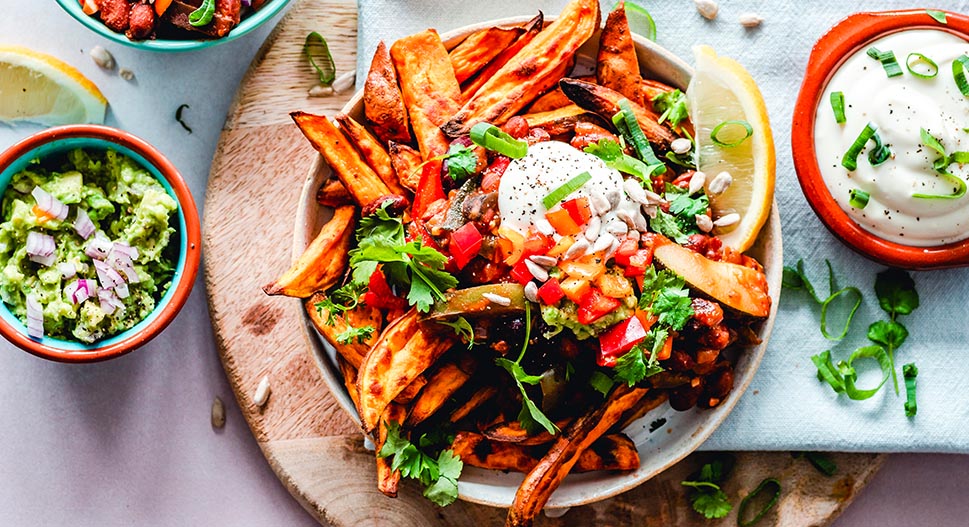
3. The day before
Be sure you stick to familiar foods and foods that you know agree with you and then eat them in normal-sized amounts. No need for mountains of pasta! Include a portion of good quality, slow release carbohydrates at each main meal, such as:
- Porridge
- Whole grain bread
- Sweet potato
- Wild rice
- Whole wheat pasta
Snack on high carbohydrate snacks too, like bananas, fruit and nut bars, fruit smoothies or toast.
To prevent overloading your stomach, it’s advisable to eat little and often rather than eating big meals the day before your race. If you do want to have one big meal the night before, then let lunch the day before a race become your big meal and allow dinner to be a normal-sized meal. This will help your body digest the larger meal well before the starting line, leaving you light on your feet and ready to run!
4. The meal before
Recommendations for the pre-meal race suggest that you should eat breakfast 3-4 hours before the start. This means that if your race start is at 10am, then breakfast needs to be between 6am and 7am.
Stick with a breakfast that you have practised during your training program. Ideally this meal needs to be high in slow release carbohydrates and should contain a little protein and some healthy fats. These will increase the feeling of fullness and provide a more sustained energy release.
Good meal options include:
- Porridge made with milk (or milk alternative), topped banana, honey and some nuts.
- Egg on toast
- Greek yogurt with tropical fruit and nuts
- Muesli with milk and fruit
Pre-race nerves or being on the move may mean that you may find it difficult to eat your normal breakfast. If you think this is the case, try a banana and a yogurt-based smoothie for easy digestion.
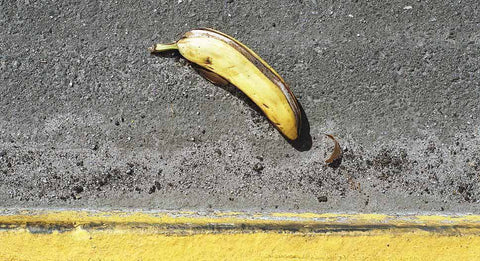
5. Last minute fuelling
If you have had a very early breakfast or a long journey to the start line, you may start feeling hungry the hour before the race. If you do need to eat again, then make this snack high in fast release carbohydrates.
Good last minute snack options include:
- Banana
- Fruit and nut bar
- Smoothie
- Dried fruit
- Gels
Remember though, having a pre-race snack isn’t essential for everyone.
6. Pre-race hydration
The important thing for everyone to get right before the race is your hydration. You want to start the race well hydrated but not so over hydrated that you need to make unnecessary pit stops early on in the race!
The American College of Sports Medicine advises 5-10ml of fluid/kg BW in the 2-4 hours before the race so for a 70kg runner. For example, this would equate to 350–700ml in the 2–4 hours before the race.
After this, you can sip small amounts just to satisfy your thirst, as you get ready for that gun to go off!
References: Available on Request
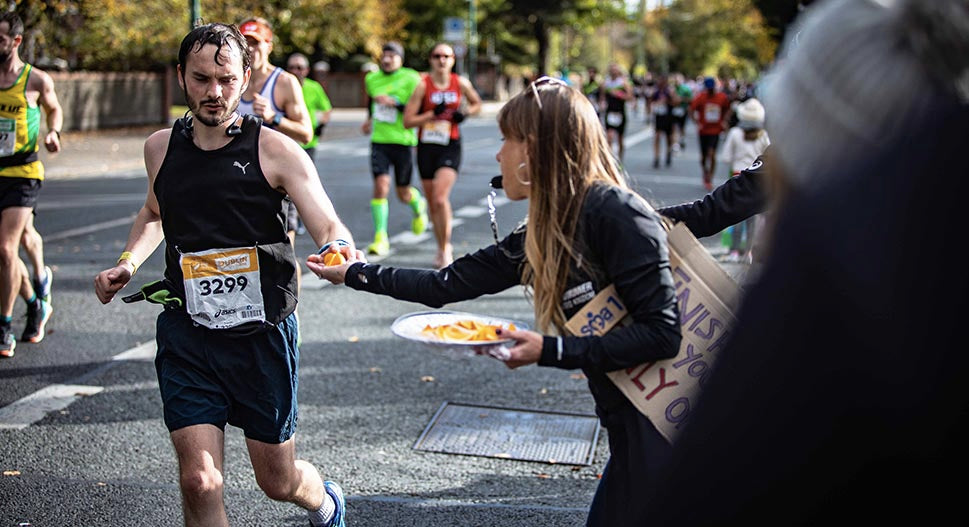
Next Up:
Marathon countdown! Top tips for your final week of training >
